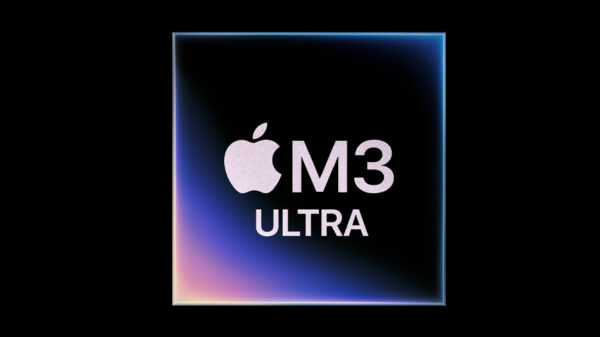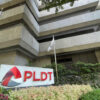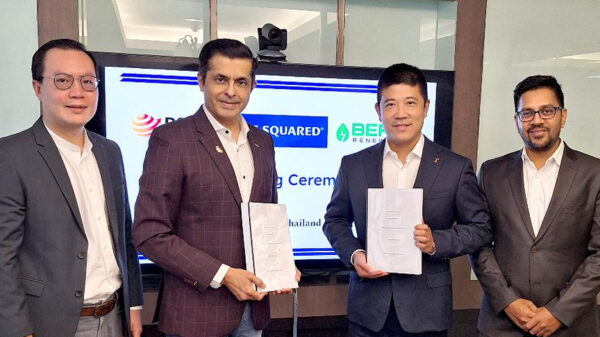According to the findings of the Second National Risk Assessment Report approved by the Anti-Money Laundering Council in 2017, the threat of national money laundering in the Philippines is considered to be at a high level. This is further supported by the 2021 Suspicious Transaction Report (STR) Quality Review based on the 2.4 million STRs received by the Anti-Money Laundering Council (AMLC) from 2017 to 2020.[1]
In financial regulation, STRs are reports filed by financial institutions and other professionals that alert law enforcement to suspicious transactions possibly connected to money laundering or terrorism financing. During the first eight months of 2021 alone, these STRs have led to the filing by the AMLC of 85 civil and criminal cases involving over ₱1.31 billion and other assets[2], according to Benjamin Diokno, incumbent Secretary of Finance and former Bangko Sentral ng Pilipinas Governor and AMLC Chairman.
While preventive measures have been implemented to reduce the risk of money laundering, the country remains on the gray list of the Financial Action Task Force (FATF)[3], an international watchdog on money laundering and terror financing, as of June 2022.
Banks and money service businesses were identified as the sectors primarily and widely used by criminals to launder the proceeds of crimes, Diokno[4] added in a message during the 2021 Annual Anti-Money Laundering/Counter-Terrorism Financing Summit. Banks and MSBs, such as money changers, money transfer agents, and pawnshops, are among the covered persons supervised and regulated by the BSP and the AMLC.
Fighting money laundering in rural banks
Rural banks are no exception because they may be used as channels and victims of illegal transactions. In 2008, a P14.1-billion scandal defrauded the government of millions of pesos in deposit insurance payments, involving the acquisition of several financially troubled rural and thrift banks by the defunct Legacy Group, according to the Philippine Deposit Insurance Corporation (PDIC)[5]. The accessibility of rural banks in underdeveloped regions may potentially make these financial institutions possible means of moving illegal proceeds such as those related to child exploitation and terrorism financing.
Recognizing the significant role of rural banks in the Philippine economy and the potential vulnerability to money laundering activities, the Monetary Board of the BSP issued on March 2, 2022, the Rural Bank Strengthening Program[6]. The RBSP aims to enhance the operations, capacity, and competitiveness of rural banks because of their vital role in promoting countryside development and inclusive economic growth. Under the program, the BSP will implement a strict, timebound, and milestones-based supervisory intervention.
The BSP also requires covered persons and encourages rural banks, to adopt an electronic AML system capable of monitoring risks associated with money laundering and terrorist financing as well as generating timely reports for the guidance and information of its board of directors and senior management.
These efforts initiated by regulatory agencies to curb money laundering in rural banks align with the government’s revitalized focus on the agriculture sector with President Ferdinand “Bongbong” Marcos Jr. himself heading the Department of Agriculture.
SIEVE AML Transaction Monitoring System
Empowering both rural banks and regulatory bodies to achieve these tasks, MDI Novare is introducing SIEVE AML Transaction Monitoring System. A comprehensive anti-money laundering solution, SIEVE AML system leverages data integration, analytics, alert/case management, and AMLC regulatory reporting.
The new solution is built on a sophisticated, high-performance platform that supports the end-to-end process of combating financial crime and working with large volumes of data while automating the tasks as much as possible.
The key features of SIEVE AML system include automated transaction monitoring, intelligent network analysis, 360-degree understanding of customers and their transactions, and a simple, highly configurable business user/investigator-centric interface.
SIEVE AML Transaction Monitoring System is built by MDI Novare. Backed by more than 30 years of experience and expertise in the information technology industry, the company is a leading digital transformation enabler for telecommunication companies, financial institutions, manufacturing and BPO firms, and government agencies through next-generation technologies, automation processes, and other end-to-end solutions.
Built by one of the country’s leading technology companies
For its initiatives, MDI Novare bagged multiple awards from local and multinational technology companies.
Recently, VMWare awarded MDI Novare the 2022 Cloud Partner of the Year for Southeast Asia and Korea, Top Data Center Networking Partner 2020 and the Highest Growth Partner 2020 from Dell Technologies; Advance Partner of the Year 2020 from Red Hat; Partner of the Year 2020 from FireEye; and Emerging Technology Partner of the Year 2020 from Exclusive Networks.
Other recognitions MDI Novare received in recent years include Unionbank’s Integrity Partner of the Year FY 2017, Canalys’s Cloud Partner of the Year FY 2019, and Globe’s Agile Partner of the Year from 2018 to 2021.
“We are grateful to our partners for recognizing our work and expertise in utilizing the transformative power of technology to improve their systems and make lives easier. These recognitions make us double down on our goal to accelerate digital transformation here in the country to create better opportunities and experiences for consumers,” said Jericho Jensen, MDI Novare Chief Data Analytics Officer, and Chief Information Officer.
[1] http://www.amlc.gov.ph/16-news-and-announcements/115-amlc-approves-second-national-risk-assessment-report
[2] https://www.bis.org/review/r211230h.htm
[3] https://www.fatf-gafi.org/publications/high-risk-and-other-monitored-jurisdictions/documents/increased-monitoring-march-2022.html
[4] https://www.bis.org/review/r211230h.htm
[5] https://www.pdic.gov.ph/archives-506_1p119?nid1=6
[6] https://www.bsp.gov.ph/Regulations/Issuances/2022/M-2022-024.pdf











































































































